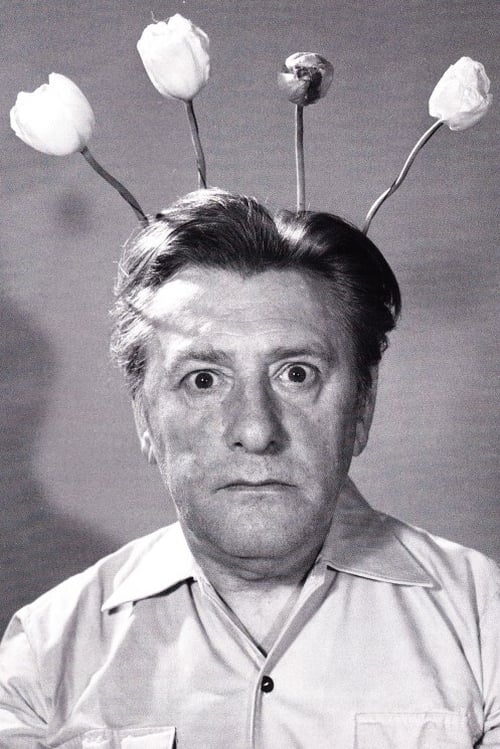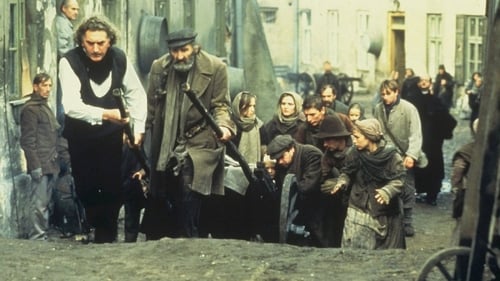Louis Paul Boon
Nascimento : 1912-03-15, Aalst, Belgium
Morte : 1979-05-10
História
Louis Paul Boon (1912–1979) was a Belgian writer, poet, painter and art critic. He is best known for the novels My Little War (1947), the diptych Chapel Road (1953) / Summer in Termuren (1956), Menuet (1955) and Pieter Daens (1971).
At the outbreak of World War II in May 1940, Boon was sent to Veldwezelt in order to defend the Albert Canal. He was, however, captured on the first day and spent a few weeks in a prison camp. His experiences during the War and Occupation are the subject of Boon's fourth book, My Little War (1947).
Boon started working as a journalist for the communist dailies De Rode Vaan (1945–1946), Front (1946–1947) and De Vlaamse Gids (1948). In subsequent years, Boon continued to combine newspaper and literary work, and even added painting and sculpture to his activities. His literary output ranges from short prose, longer experimental novels, one man magazine's, documentary and historical novels, poetry, erotic works and fairytales.





